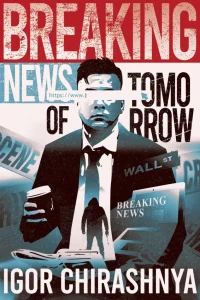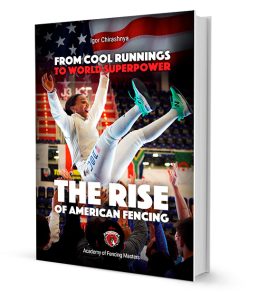You never know where fencing connections will come from, and I just had one come out of nowhere. It’s one of those things about fencing that makes it extraordinary. Recently I had a discussion with NYT Bestselling Author Douglas E. Richards about my newly published...








